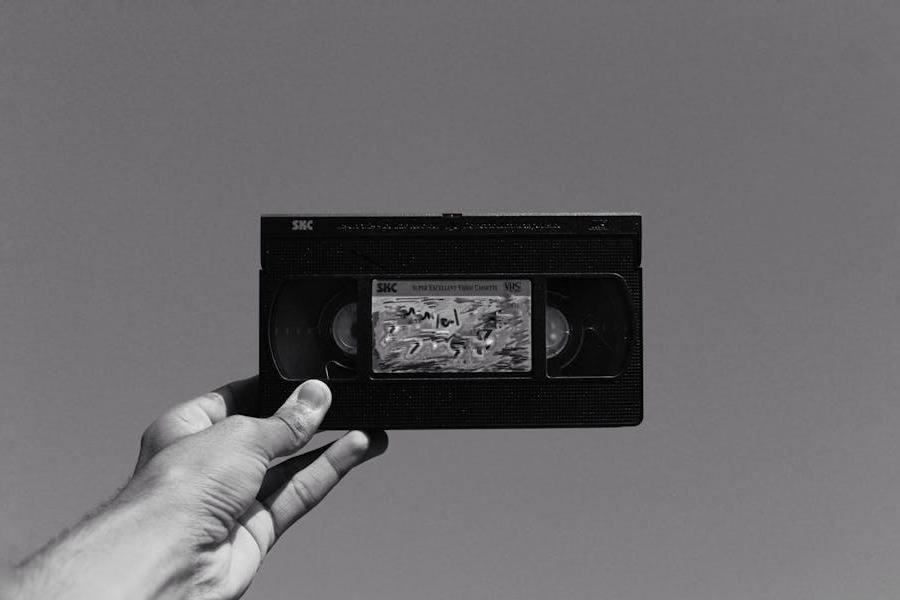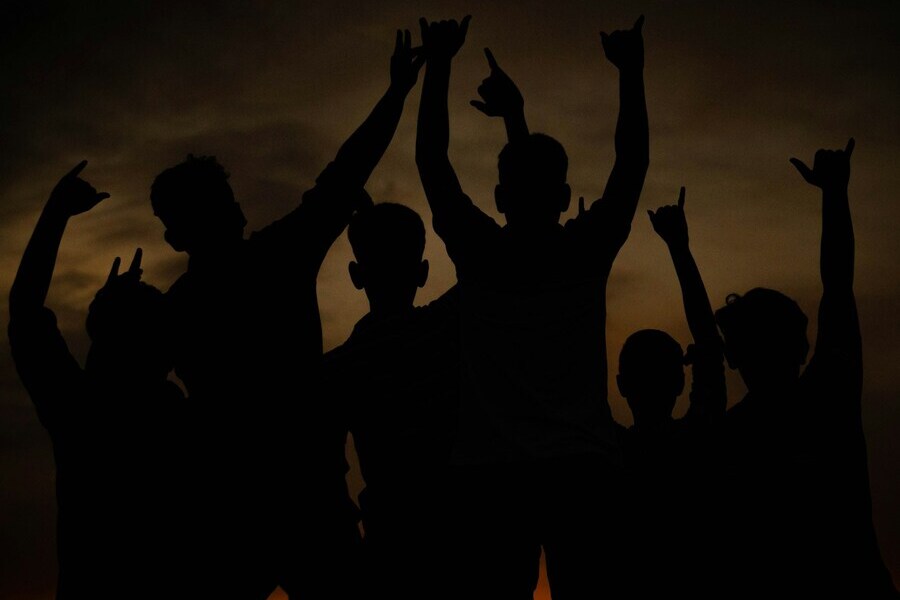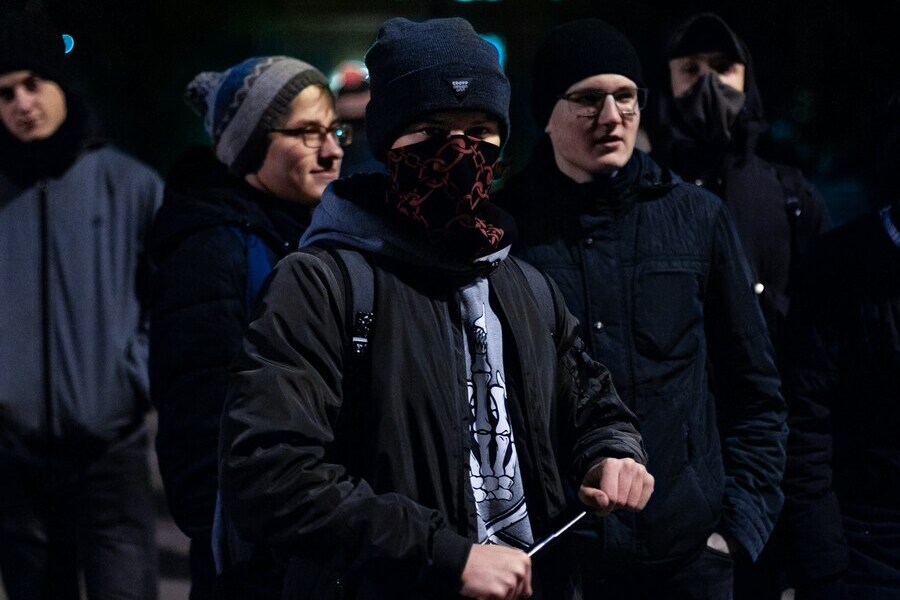Possession of Child Pornography (Penal Code § 311.11) in California

California law strictly prohibits the possession, distribution, or production of obscene material involving a person under 18 years of age engaging in or simulating sexual conduct.
A conviction under Penal Code 311 can result in imprisonment in the state prison, mandatory registration as a sex offender, and significant fines. However, the law is complex, and defenses do exist. If you or a loved one is facing charges related to child pornography, understanding the law and your legal options is crucial.
Possession of Child Pornography Charges in California
Under California Penal Code Section 311.11, it is illegal to knowingly possess, control, or distribute obscene matter that depicts a minor engaging in or simulating sexual conduct.
To secure a conviction, the prosecution must prove several key elements:
- Knowingly possessed or controlled the material.
- The material depicted a real person under 18 years old.
- The content engaged in or simulated sexual conduct.
- The individual knew or should have known that the person in the material was a minor under the age of 18.
The law also extends to computer-generated images and digitally manipulated content, meaning that content does not have to depict a real child to result in criminal charges.
What Qualifies as Child Pornography Under California Law?
California law defines child pornography broadly, covering both physical and digital media. Understanding what the law considers obscene material is critical to evaluating whether a charge under Penal Code 311 is valid.
Visual Depictions and Digital Content
Under Section 311.11, prohibited content includes:
- Photographs, videos, or digital images of a minor engaging in sexual intercourse.
- Computer-generated images that are indistinguishable from a real minor.
- Drawings or animations that depict a child in obscene or sexual situations.
Intent and Knowledge Requirements
A critical component of the law is that the accused must have knowingly possessed or controlled the material. This means that accidental possession—such as unknowingly receiving files via spam emails or hacked devices—could form the basis for a legal defense.
Distinguishing Between Misdemeanor and Felony Charges
Possession of child pornography can be charged as either a misdemeanor or a felony, depending on various factors:
- A first-time offense with a small number of images may be charged as a misdemeanor, punishable by up to one year in county jail and a fine.
- Possession of more than 600 images that violate subdivision (c) of the law or any content that contains sadomasochistic sexual acts involving minors is typically charged as a felony.
Legal Penalties for Possession of Child Pornography
A conviction under California Penal Code 311.11 can lead to severe criminal penalties, including prison sentences, fines, and mandatory sex offender registration.
State Prison vs. County Jail Sentencing
- Misdemeanor Conviction: Jail for up to one year in county jail and a fine.
- Felony Conviction: Imprisonment in the state prison for 16 months, 2 years, or 3 years, along with substantial fines.
Fines and Sex Offender Registration
- A felony conviction requires mandatory registration as a sex offender under California’s Sex Offender Registration Act.
- A conviction could lead to significant restrictions on employment, residency, and personal freedoms.
- Fine and imprisonment penalties can be severe, with fines reaching up to $10,000.
Additional Consequences Beyond Legal Penalties
Beyond prison time and fines, a child pornography conviction can have devastating personal and professional consequences:
- Loss of employment opportunities due to sex offender status.
- Difficulty securing housing, as registered sex offenders face strict residency restrictions.
- Immigration consequences, including deportation for non-U.S. citizens.
- Damage to personal reputation and relationships.
Defenses Against Charges Under Penal Code 311.11
Being charged with possession of child pornography does not automatically mean a conviction is inevitable. Legal defenses exist, and an experienced criminal defense attorney can explore multiple strategies to fight the charges.
Lack of Knowledge or Intent
Since the law requires that the individual knowingly possessed or controlled the material, one possible defense is proving that the possession was accidental. For example:
- The files were automatically downloaded via malicious software.
- The defendant was unaware that the files contained illegal content.
- The images were unintentionally cached from a website.
Unlawful Search and Seizure
If law enforcement violated constitutional rights during the investigation—such as conducting an illegal search of electronic devices—any evidence obtained may be suppressed in court.
False Allegations or Misidentification
There have been cases where individuals are falsely accused due to:
- Shared computers or accounts where illegal files were placed by another user.
- Hacking or unauthorized access to personal devices.
- Vengeful ex-partners, coworkers, or acquaintances making false allegations.
Content Does Not Meet Legal Definition of Child Pornography
Not all sexually explicit content involving minors is necessarily illegal under Penal Code 311.11. If the material does not depict a real minor or sexual conduct, it may not meet the legal definition of child pornography.
Necessary to Prove Obscene Matter
To secure a conviction, the prosecution must prove that the matter is obscene in order to establish a violation of Penal Code Section 311.11. This can sometimes be challenged in court, particularly in cases where the content does not clearly depict a real minor engaging in sexual conduct.
Why You Need an Experienced Criminal Defense Attorney
Charges under Penal Code 311.11 carry serious consequences that can permanently alter your future. If you are facing child pornography charges, you need a criminal defense attorney who understands California law and has the experience to fight for your rights.
At David P. Shapiro Criminal Defense Attorneys, our team has successfully defended individuals accused of sex crimes, ensuring that their rights are protected every step of the way. We know how to challenge weak evidence, expose procedural errors, and build a strong defense strategy tailored to your case.
The sooner you have legal representation, the better your chances of a favorable outcome. If you or a loved one is facing charges under Penal Code Section 311.11, contact our office today to discuss your case.
The contents of this article and blog are meant for informational and marketing purposes only and do not constitute legal advice. Viewing and/or use of the blog does not form an attorney-client relationship. No statements in this post are a guarantee, warranty, or prediction of a particular result in your case.









